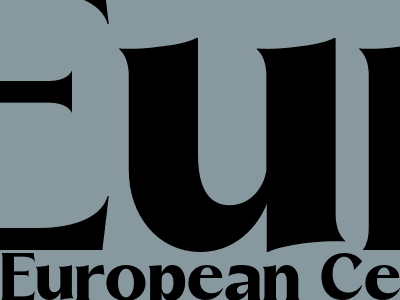
Upcoming ECB Rate Hike: What to Expect
European Central Bank to Hike Rates Amidst Soaring Inflation
ECB Meeting Preview: Policymakers Set to Discuss Inflation, Economic Outlook
The European Central Bank (ECB) is set to hold its crucial policy meeting this week, where it is widely expected to raise interest rates for the first time in over a decade. The move comes amid soaring inflation in the eurozone, which has reached a record high of 8.1% in May.
The ECB has been under pressure to take action to curb inflation, which is well above its target of 2%. The bank has been slow to raise rates compared to other major central banks, such as the US Federal Reserve and the Bank of England, but it is now expected to follow suit.
The ECB's decision will have a significant impact on the eurozone economy. Higher interest rates will increase the cost of borrowing for businesses and consumers, which could slow down economic growth. However, the ECB is also aware that raising rates too quickly could hurt the economy, so it is likely to take a cautious approach.
What to Expect from the ECB Meeting
At the meeting, the ECB is expected to discuss the following issues:
- The latest economic data, including inflation and growth figures
- The ECB's inflation forecasts
- The ECB's policy options
The ECB is likely to raise interest rates by 25 basis points, which would be the first rate hike since 2011. The bank could also announce other measures to curb inflation, such as reducing its bond-buying program.
Impact of the ECB Rate Hike
The ECB's rate hike will have a number of impacts on the eurozone economy:
- Increased cost of borrowing for businesses and consumers
- Slower economic growth
- Higher interest rates on savings accounts
- Strengthening of the euro
The ECB's rate hike is a significant event for the eurozone economy. It will be closely watched by markets and policymakers around the world.